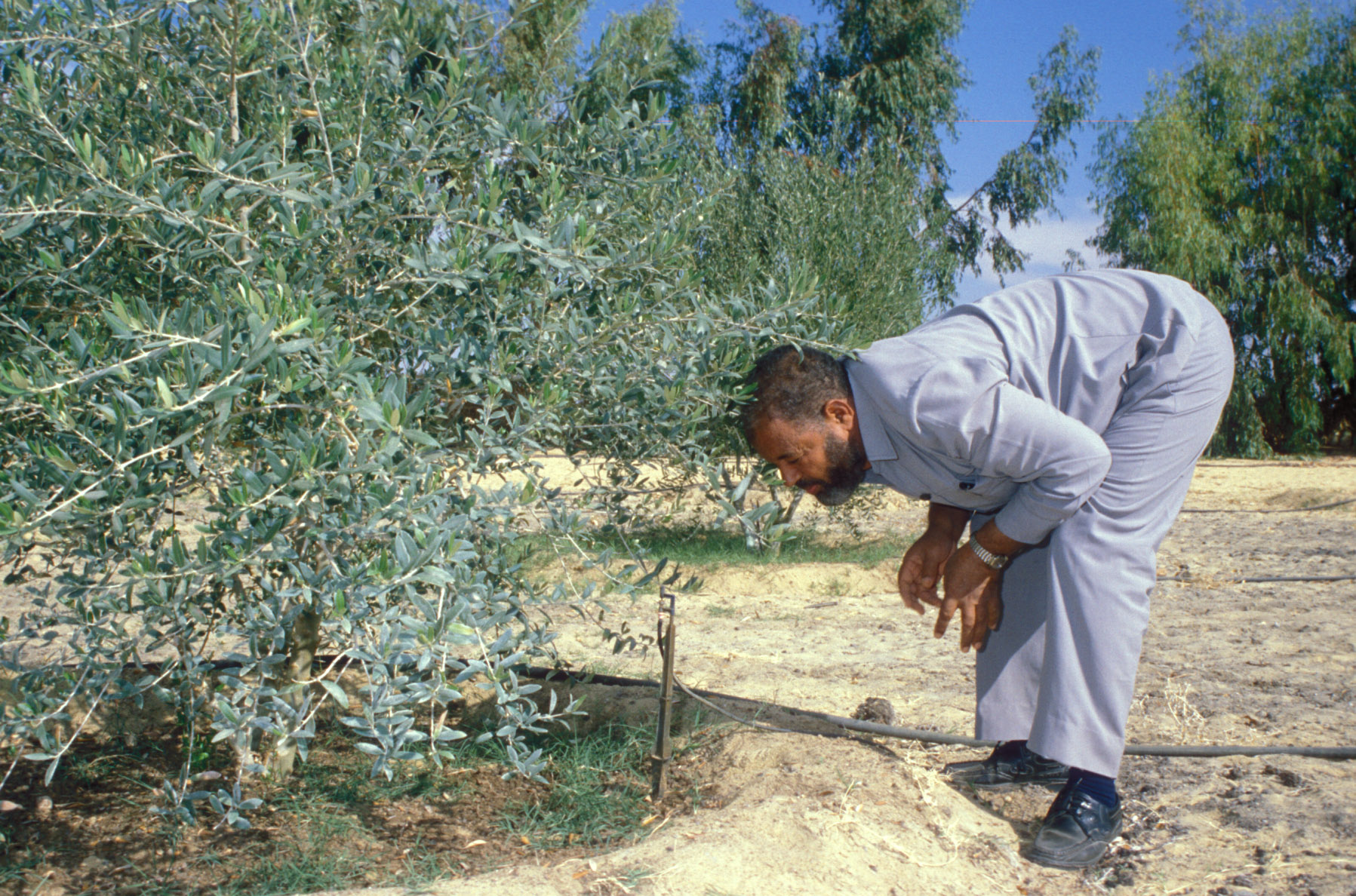Irrigating Forests with Wastewater – natural and effective water treament?
Cleaning wastewater while preserving forest in Florida, USA
Sustainable Forest Management (SFM) Toolbox
Water, Forests, People - building resilient landscapes
File Treated wastewater in Mediterranean countries
Using treated wastewater in Willow plantations in Sweden
Plant response in Swedish Willow Plantations
Faecal Sludge Management in Africa
Dr. Aki, a Bahri Presentation
Irrigating Forests with Wastewater: Natural and effective water treatment
Elaine Springgay, Forestry Officer Presentation
Eduardo Mansur Presentation
Case Story from IEA BIOENERGY TASK 37 : Energy from Biogas
Incorporating forests in wastewater treatment can increase water recyclability, reduce water treatment costs and improve forest and land conservation. This event will highlight the potential role of trees and forests in wastewater treatment and promote dialogue between the forest and water sectors in order to nurture integrated policies and management.
What if we closed the cycle and forests were part of the water treatment process – returning water upstream to be filtered through natural processes and to recharge groundwater and aquifers to be used again?
Forests play a pivotal role for sustainable water supply. In drier climates, wastewater treatment and forests can benefit from each other. Treated wastewater is generally returned to waterways downstream, eventually entering our oceans. With growing water insecurity due to ecosystem degradation, climate change and increasing population and water demands, innovative water management solutions are needed.
What if we closed the cycle and forests were part of the water treatment process – returning water upstream to be filtered through natural processes and to recharge groundwater and aquifers to be used again?
Successful examples from North and South Africa, and United States – where wastewater is recirculated and cost- efficiently used to irrigate forests – will forward the discussion on water management solutions in areas facing water challenges. The increasing requirement of rural and peri-urban landscapes to be “multi-functional” – meeting commercial production needs, fulfilling conservation targets and addressing socio-economic needs of local stakeholders – will set the frame for an interactive dialogue between organizers, invited speakers and the audience.
Programme
16:00 Welcome
- Lotta Samuelson, SIWI Swedish Water House
16:05 Keynote
Eduardo Mansur, FAO
16:15 Keynote
Akissa Bahri, INAT
16:25 Case Studies
South Africa
- Jay Baghwan, WRC
United States
- Jan Cassin, Forest Trends
North Africa
- Elaine Springgay, FAO
16:40 World Café: Learn more by discussing the cases with the presenters
17:10 Wrap-up: How can wastewater be better integrated into forest management?
17:25 Concluding remarks
Anders Malmer, Director, SLU Global
17:30 Close of session
Convenors
- Center for International Forestry Research
- Focali – Forest, Climate, and Livelihood Research Network
- Food and Agriculture Organization of the United Nations
- Forest Trends
- International Centre for Integrated Mountain Development
- International Union for Forest Research Organization
- Stockholm International Water Institute
- Swedish International Agricultural Network Initiative
- Swedish University of Agricultural Sciences
Conclusion
This August, world leaders, water experts, development professionals and policy-makers gathered in Stockholm for a week-long meeting focused on finding ways to better use, and reuse, the world’s increasingly scarce fresh water. World Water Week events draw over 3,000 participants from nearly 130 countries with the 2017 theme being, “Water and waste: Reduce and reuse”. To keep forests and the important role they play within the discourse of the water sector, FAO, SIWI, CIFOR, SIANI, Forest Trends, IUFRO, Focali, The Swedish Forest Agency, and SLU joined to discuss ‘Irrigating Forests with wastewater: Natural and effective water treatment?’
The event opened with keynote speeches by Eduardo Mansur, Director, Land and Water Division, FAO and Akissa Bahri, National Agricultural Institute of Tunisia, who provided overviews of the importance of irrigating forests with wastewater to address global issues of water scarcity and environmental degradation. They discussed the benefits this practice could provide for dryland regions in efforts to combat desertification. Water optimization, potential for nutrient recycling and forests filtering wastewater were stressed as effective climate change adaptation strategies. “Wastewater has huge untapped potential for resource recovery and reuse!”, emphasized Ms. Bahri, adding, “Globally, about 300 km3 of municipal wastewater are generated each year. Theoretically, this wastewater could be used to irrigate more than 40 Mha of land, provide free fertilizer application, and provide electricity to about 130 million households”. Wastewater use in planted forests and agroforestry raised concern about public and environmental health and food safety issues, which were validated by the speakers who agreed dealing with the risks and applying wastewater safely would be essential, but that this did not hinder its application and that forests and agroforestry systems are often safer than traditional crops.
Short presentations of case studies followed the keynote speeches: Elaine Springgay, FAO, “Greening the forest” in North Africa; Jay Bagwan, WRC presents “Experimenting with faecal sludge in South Africa” and Anders Finnson presenting the Swedish REVAQ wastewater certification scheme, provided further understanding of the potential. Participants were invited to move around the room and learn more about the cases directly from the presenters; each providing unique perspectives and applications. Case studies equally highlighted the benefits, safety concerns and the need for broad stakeholder engagement. The conversations were highly engaging due to the controversial aspects of wastewater, and because many of the World Water Week participants were unfamiliar with forest and water linkages, and the application of treated wastewater for forests.

